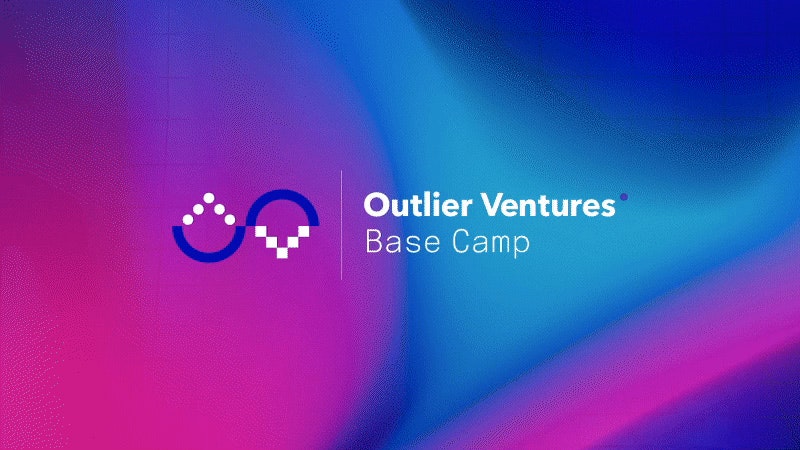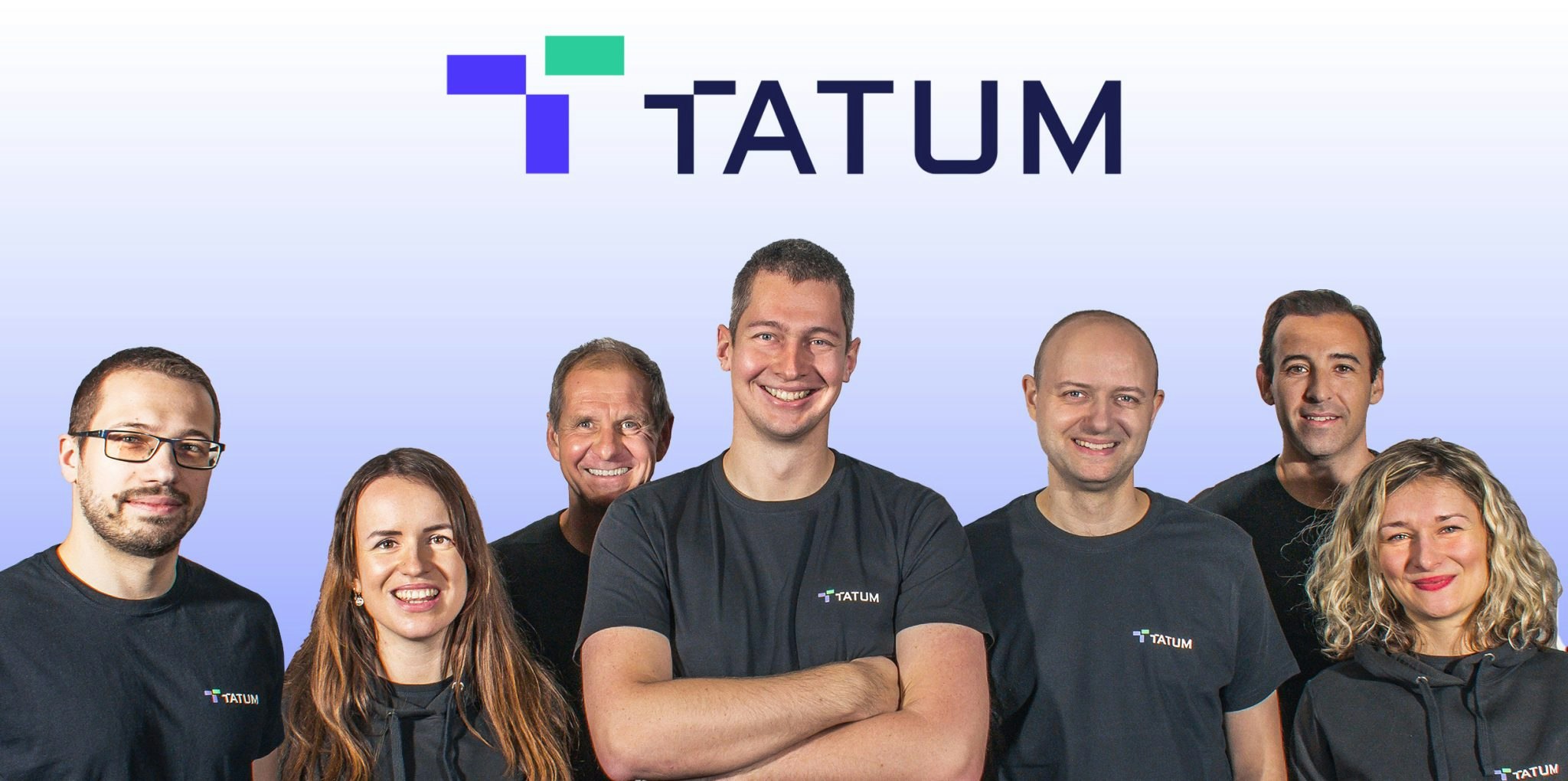Opinion is still strongly divided on Web3’s role in the future of the internet, but that hasn't stopped some VCs from planting their flag in it. EQT Ventures and several other blockchain investors like Fabric Ventures, Coinbase Ventures and Dispersion Capital seem to be in the supportive camp. They’ve just invested $40m for the Series A in Swedish Web3 startup Moralis.
Web3 broke into the VC mainstream last year; $23.7bn was invested globally, according to Pitchbook. And European investors have been leading the charge. In February UK-based Blossom Capital announced that it had set aside a third of its $432m fund for Web3 startups, while Amsterdam-based Peak Capital, European VC Northzone and Creandum have also done deals in this field.
European startups are also taking a lead in creating Web3 products — and pulling in the cash to scale them. There’s UK-based smart crypto wallet Argent, which recently also raised $40m; French crypto-asset startup Ledger; British fintech Gro; Swedish games startup GOALS; asset marketplaces like the French startup La Collection and Portuguese Mintbase and asset creators like Sweden's Anotherblock and Austrian Liquidi Team.
Web3 refers to internet-based products and services that use blockchain technology and embrace concepts like decentralisation, as opposed to centralised Web2 platforms like Facebook and YouTube. Many Web3 startups are looking for ways to allow users or creators to own content and benefit financially from that ownership.
Moralis is creating infrastructure for developers building Web3 dApps (apps based on blockchain technology) to use. Its customers include game developers who want to embed NFT and blockchain mechanics into their virtual worlds, fashion companies and cryptocurrencies.
Infrastructure challenges
One of the problems with Web3 is that there’s very little infrastructure to enable apps to be used across different blockchains, like Ethereum and Polkadot. That means engineers have had to spend a huge amount of time developing user interfaces, authentication, indexing and data aggregation for each platform.
The founders of Moralis, Filip Martinsson and Ivan Liljeqvist (who’s known for his YouTube channel Ivan on Tech where he explains blockchain and crypto terms), have developed a programme to solve this exact problem.
👉 Read: Don’t believe the hype: Web3 is not going to change the world
“Just like the cloud accelerated the adoption of the internet, and just like operating systems accelerated the development of desktop apps, now we need to give developers tools to spend time building the use cases instead of building the infrastructure,” says Liljeqvist, the CEO.
The startup, which was founded last year, has already seen its software used in thousands of blockchain projects. According to the company, feedback from its users indicates that the platform has cut the average launch time of new apps by over 80% and saved developers more than $80m in engineering costs.
The future is Web3
But will it change the internet? According to Moralis’s founders, it’s a given.
“Web3 is going to be mainstream because it's all about digital ownership. Everyone is spending more time online, especially during the past months, and it's also clear in the numbers that young people are now basically living in TikTok — but right now online nobody has ownership since there are no property rights,” Ivan on Tech (sorry, Liljeqvist) says.
Web3 is going to be mainstream because it's all about digital ownership. Everyone is spending more time online
Moralis wants to make the shift from Web2 to Web3 as smooth as possible and hopes that in the years to come, it will be as user-friendly for the end-user as Web2 is.
“Our mission is that it should be as unnoticeable as possible [for the end user]. It will probably take years for the mainstream to understand that you can own assets online. But even if you don’t, you should still be able to use Web3 use cases, and that's also why you can log in with Google or Twitter [instead of your blockchain identity] and the wallet will be generated for you on the back end,” Liljeqvist says.
👉 Now read: Europe's most active Web3 seed investors



